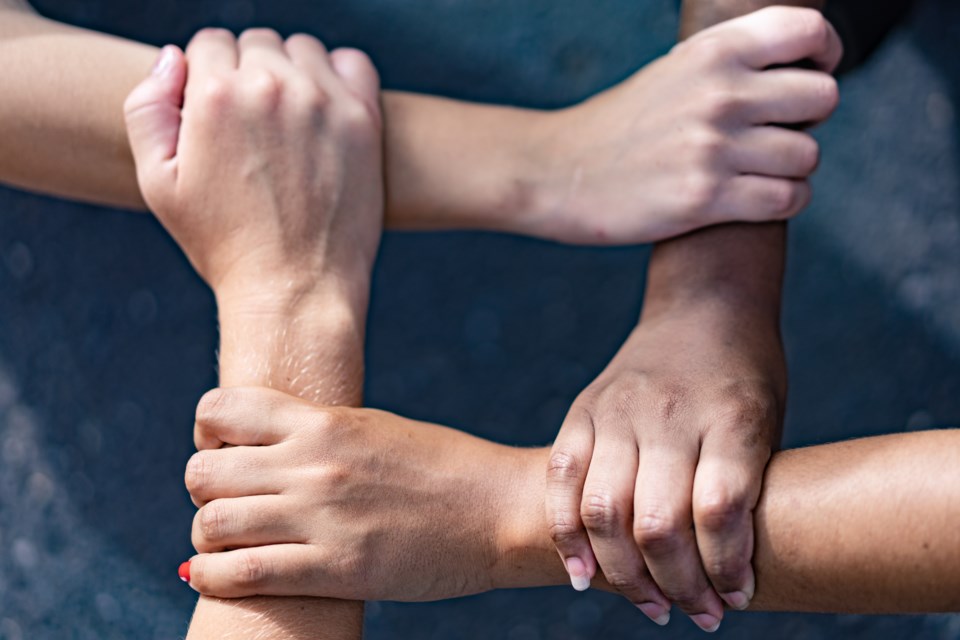A Richmondite is pressing Richmond City Council to pass a proclamation declaring May 10 a Day of Action against anti-Asian Racism.
However, for Carven Li, the proclamation goes beyond voicing support for people from Asian cultural backgrounds. It’s also about showing solidarity with marginalized people, such as minority populations working in massage parlours or Asian transgender workers.
Li told the Richmond News that in mainstream English media, anti-Asian racism is always referring to action against racial hatred, bias and systemic racism.
Instead, as a social movement activist, Li believes government response to racism should be “intersectional,” meaning it should take into account the points where a variety of lived experiences intersect.
“For example, it could be a single parent who is a massage parlour worker in Richmond along No. 3 Road. The worker is struggling to make money and sometimes cannot apply for government assistance because her work is under the table,” said Li, adding that those people are most vulnerable and in desperate need of public support.
On March 16, a series of mass shootings occurred at three massage parlours in the area of Atlanta, Ga., taking the lives of eight people, six of whom were women of Asian descent. The tragedy evoked fear and outrage in the Asian-American community. Another alleged assault involving racial slurs at a Steveston business also sparked attention from the local community.
It’s clear anti-Asian racism has been on the rise, noted Li. Moreover, the number of hate incidents is underreported because some vulnerable populations don’t feel comfortable reporting incidents to the police.
“I am not talking about adding more police presence; I stand with communities in voicing long-standing concerns with the police. I think government response to anti-Asian racism must be intersectional and recognize the impacts on those living marginalized and stigmatized identities, including sex workers and trans people,” said Li, adding that he hopes to see racialized sex working community members feel safe working in their neighbourhoods.




